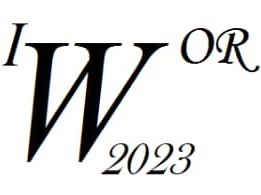Ponente
Descripción
The use of deep learning in diagnostic and modeling the progression of AD has had a significant boom in the last 5 years. The complexity of the models, due to the large quantity and diversity of data necessary for their training, do not make them affordable in conditions where obtaining clinical data and magnetic resonance imaging are expensive and complex. However, the scores from cognitive functions do not require the use of sophisticated equipment, in addition to being minimally invasive and quick to perform. In the literature, several of them are described as important biomarkers of the disease.
We propose a deep neural network model for classification of the cognitive vectors collected from each patient. This is done taking into account the labels corresponding to the disease stage (normal, mild cognitive impairment, and AD). It have 7 different input features up to the first hidden layer of 128 neurons and then 2 more hidden layers of 256 neurons. Then it ends up with 1 neuron at the end and the hidden layers as Activation Function and the output layer is obtained by a sigmoid function. The model allows working directly with data without any prior transformation.
The experiments on ADNI cohort with accuracy=0.968 (std. deviation=0.001) and its comparison with other network architectures demonstrated the feasibility of the proposed model. The model should be tested in populations with cognitive impairment due to other neurological problems to study the specificity that can be achieved in the diagnosis of AD.

